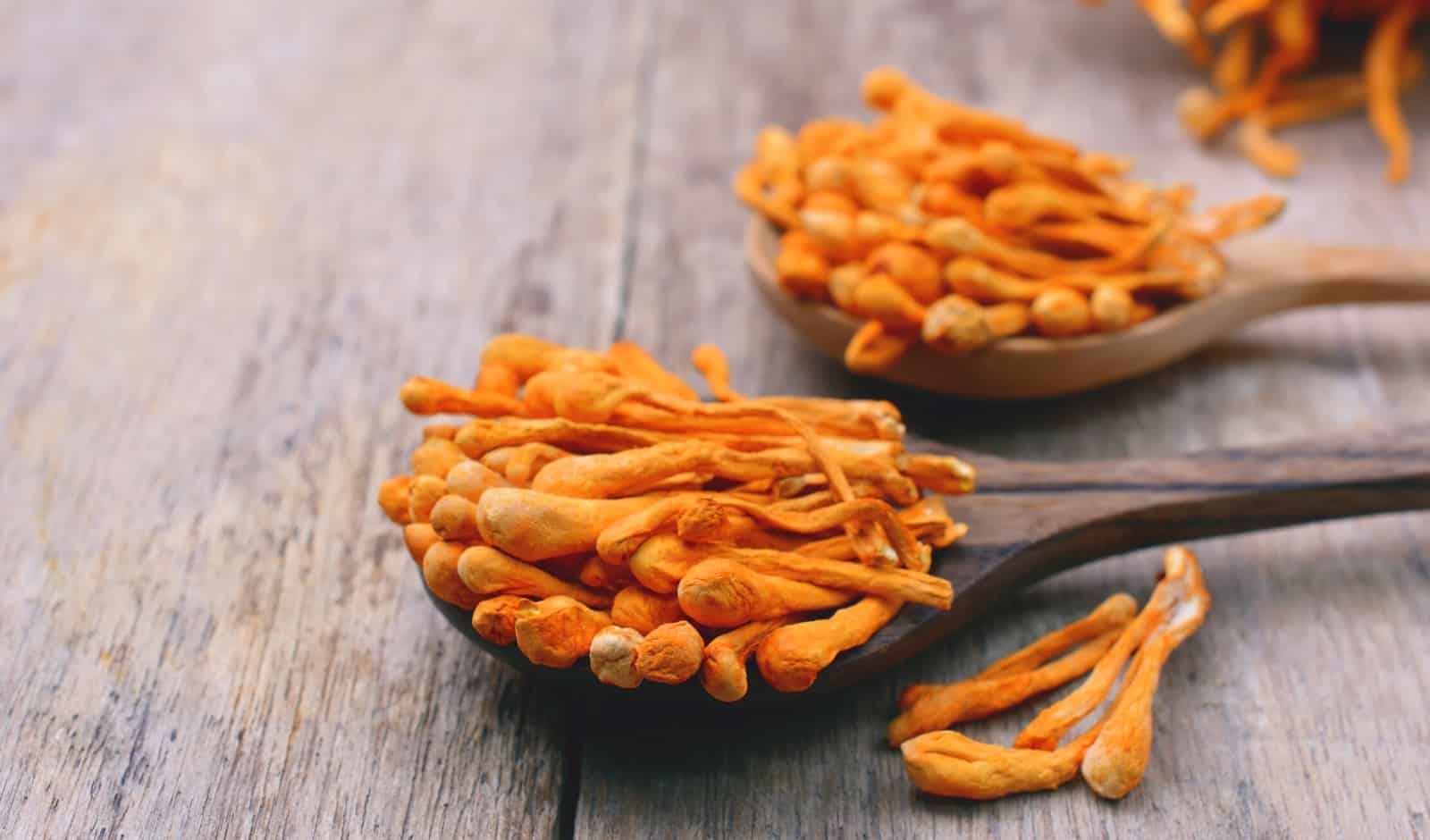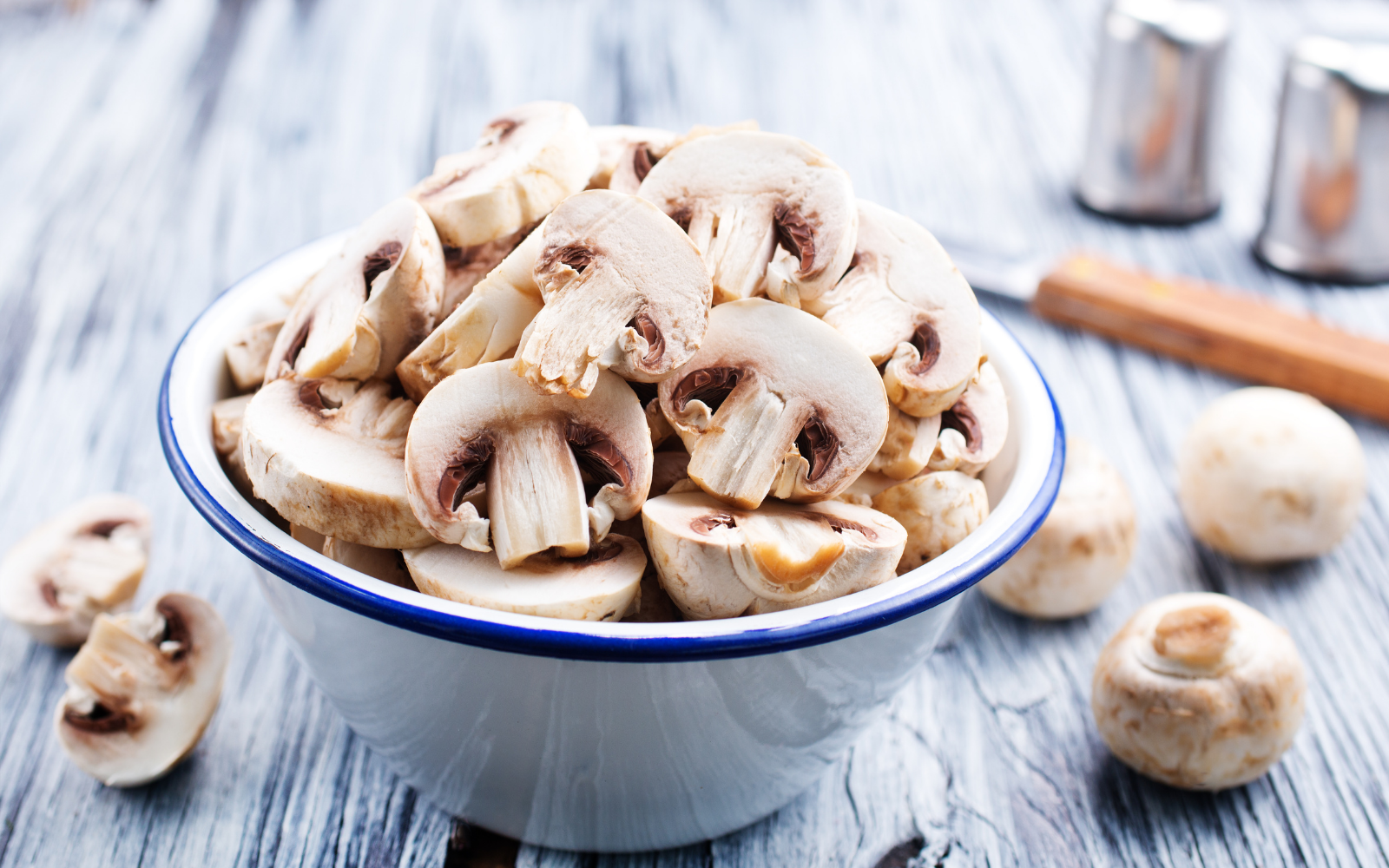Let's be honest: medicinal mushrooms aren't necessarily revered for the taste. Chaga, and Reishi in particular can be quite bitter (well, they should taste bitter if they're made from high-quality fungi). Plus, medicinal mushroom extracts can get expensive! Chaga vs. reishi: How can you be sure you're choosing the right one?
What is Chaga Mushroom?

If you stumbled on chaga, (aka Inonotus obliquus), while hiking or mushroom hunting through the woods, you may not even think twice. Chaga mushroom isn't technically a mushroom -- it's sclerotia that you might mistake for charcoal due to its high melanin content (yep, the same substance in skin). Sclerotia are hardened masses of fungi that have adapted to survive in harsh climates, especially cold climates. That's where you'll find chaga naturally: Siberia, Canada, the DPRK, and other climates around North America and Europe where it grows on birch trees. (1) Chaga is actually a Russian word created by a group of indigenous people in the Kama River Basin. At FreshCap, we talk a lot about the importance of choosing a mushroom powder made from the whole fruiting body rather than mycelium on grain. Chaga is different- The entire piece of fungus is hardened mycelium and wood. However, chaga extract is jam-packed with antioxidants and powerful nutrients. (But you should still avoid chaga extracts that list any ingredients like "mycelium on grain") Since the spores of Chaga start growing inside the birch tree, what we recognize as chaga can take ten to 20 years to reach full maturity!
What Medicinal Compounds are Inside Chaga?
Chaga sclerotia are loaded with beta-glucans -- specifically, beta-D-glucans. (2) This specific group of beta-glucans boasts intense antioxidant properties. Hot water is the most efficient way to extract medicinal properties from chaga. That's why in Chinese medicine (and even parts of the western world today), chaga is often brewed into mushroom tea or coffee. Simply grinding up the fungus and adding it to a smoothie won't do you much good. Chaga tea works much better. You can also get pre-extracted Chaga mushroom powder which can be added to smoothies or other foods without having to make a tea.
What are the Health Benefits of Chaga?
As an adaptogen with powerful antioxidant properties, the benefits of chaga may include stimulating the immune system, reducing inflammation, and much more.
Immune-Supporting Anti-Inflammatory Properties
Chaga mushroom is naturally anti-viral, anti-fungal (ironically), and anti-bacterial. It tells your immune system to produce more white blood cells, which your body needs to fight acute infections and illnesses. Chaga affects the immune system by stimulating the production of beneficial cytokines and suppressing harmful cytokines that cause inflammation and disease. (3)Defending Against Allergies
It surprises many people to learn that medicinal mushrooms can help calm the immune system as well. Since they function more as immunomodulators -- not necessarily stimulating or repressing -- studies show that chaga can help curb allergy symptoms, including food allergies. (4)Lowering Blood Sugar Levels and Cholesterol
High cholesterol and blood sugar levels lead to dangerous illnesses like diabetes and heart disease. Studies show that the beneficial compounds in chaga can help reduce both! (5, 6) It may even raises "good" cholesterol, too.What is Reishi Mushroom?

Reishi goes by many names
- Lingzhi
- The Mushroom of Immortality
- Nature's Xanax
- Ganoderma lucidum
What Medicinal Compounds are in Reishi Mushroom?
Like chaga, reishi is filled with polysaccharides and beta-glucans. However, reishi also contains something called triterpenes which give reishi its bitter flavor. Triterpenes also support the immune system, fight inflammation, kill cancer cells, and protect DNA. Watch out. One study revealed that 74% of reishi supplements in the US did not contain triterpenes because they were made from mycelium on grain and not the whole fruiting body! (9) Always read ingredients.What are the Benefits of Reishi?

Like chaga, reishi is an immunomodulator and may function as an anti-inflammatory – but let's look at some of the health benefits unique to reishi here.


